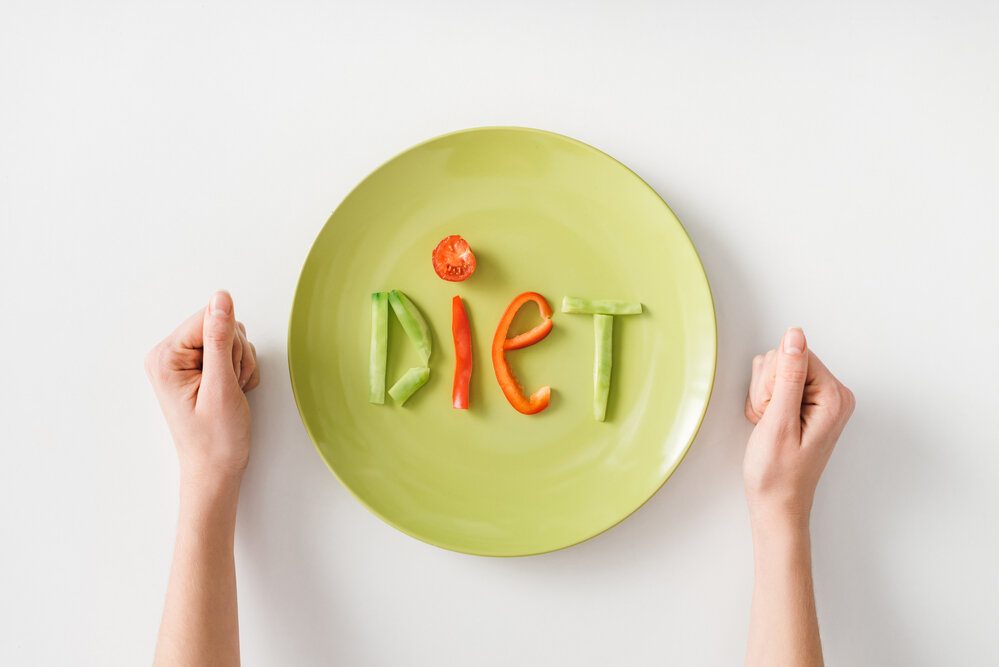
Everyday stress affects your health more than you realize. If you find yourself snacking frequently, skipping meals but eating more the meal after, or find yourself binge snacking at night because you deprived yourself throughout the day, then it’s definitely time for a change. You may already be stuck in the ugly cycle of excess and starvation that’s affecting your health and making you gain more weight.
Diet vs Integrative Nutrition
It’s very common for people who want to shed some pounds to try different types of diet plans, especially the famous and trending ones. However, a successful result for other people doesn’t always mean that it’s going to be successful for you. More of these diets focus on food deprivation, which, eventually, is counterintuitive because it makes you want to eat more. The next thing you know, you’re back to square one.
So instead of going into a “diet,” there’s a much healthier approach to weight loss, better nutrition, and well-being. This is called Integrative Nutrition, and this program is designed and made specifically for each person’s needs. It’s a holistic approach that also factors relationships, rest, physical activity, and how they affect a person’s eating habits and food choices. Integrative Nutrition Health Coaches call these Primary Foods.
How Can Primary Foods Affect You?
To get to the root cause of one’s weight issues, it is important to look into the relationship between Primary Foods and your eating patterns. For one, sleep is a very important factor in weight loss and weight gain. If you sleep less than five hours a day for two or more consecutive days, the body will have more hunger hormones called ghrelin. In turn, the body will also have less of the satiety hormone, which is called leptin. As a result, the less sleep you have, the hungrier you become, which makes it more probable for you to eat more than you should.
Apart from overeating, the lack of sleep will make you feel more tired. And when you are constantly fatigued, you tend to eat more high glycemic index foods. You look for high-sugar foods because sugar gives your body an energy boost. The problem is when you get into the habit of eating these types of foods, your blood sugar level increases and then the body has a hard time breaking down sugar. The accumulation of excess sugar goes into the bloodstream, which later is converted to fats, resulting in weight gain.
Whole Foods

It is important to note that the relationship goes both ways. What you eat will also affect the Primary Foods in your life. But instead of eliminating specific foods, introduce Whole Foods into your diet.
- Vegetables – go for the colorful ones
- Fruits – orange, berries, grapefruit, rockmelon, and apple are great choices; pick organic variants if you can
- Protein – go for grass-fed beef, lamb, free-range eggs and chickens, and fish raised in a sustainable environment; beans and lentils soaked overnight are good, too.
- Whole Grains – pick non-GMO whole wheat, quinoa, brown rice, and rolled oats
- Filtered Water
- Healthy Fats – pumpkin, sunflower, and sesame seeds; walnuts, Brazil nuts, and almonds; cold-pressed olive oil
What Should Your Plate Look Like?
- ½ plate vegetables
- ¼ plate grains
- ¼ plate proteins
Know When to Stop Eating
Resist the urge to eat whatever is on your plate right away. Instead, look at your food and appreciate it for a few seconds before taking your first bite. Always chew your food slowly, savoring the taste and texture of each. This process will help you feel satisfied and satiated sooner than devouring your food.
The key is to keep in mind that once you feel satiated, stop eating already. This mindful practice is vital in the Integrative Nutrition approach to losing weight. It can be hard to resist but making this a habit will be good for you.